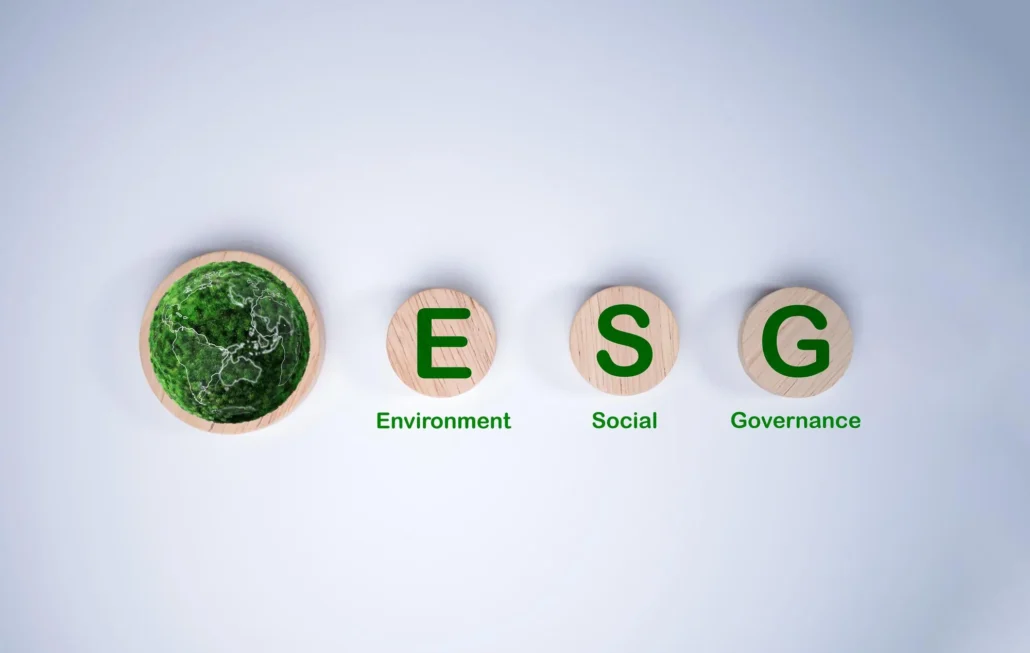As new EU and UK regulations like CSRD, TCFD, TNFD, and others in the “alphabet soup” of sustainability guidelines come into effect, accountants are increasingly being called upon to guide clients through sustainability disclosures.
These standards demand transparent, structured reporting on environmental, social, and governance (ESG) practices, requiring accountants to stay updated with evolving regulatory frameworks and data standards to serve their clients.
However, in the rush to help clients meet compliance, it’s easy to overlook your own sustainability reporting.
If you provide sustainability advisory services, gaps in reporting your own ESG efforts can compromise your credibility and tarnish your reputation. Are you confident your ESG efforts would pass the same test you set for others?
Enter the TDH ESG Index: A Reporting Benchmark for Accountants
The TDH ESG Index was developed as a comprehensive benchmark to address a critical question: how transparent, consistent, and impactful are accounting firms’ own ESG disclosures?
By analyzing the ESG reporting of 100 accountancy firmsÔÇöranging in revenue from £6 million to £5.5 billionÔÇöTDH mapped disclosures to key topics that align with current reporting standards, leveraging the TDH corporate ESG assessment. This benchmark aims to elevate the credibility of ESG efforts within the industry, demonstrating a commitment to sustainability excellence.
How the TDH ESG Index Measures ESG Performance
The TDH ESG Index assesses firms on three pillarsÔÇöEnvironmental, Social, and GovernanceÔÇöbroken down into 22 topics and over 70 specific metrics. These metrics emphasize clearly defined data, policies, progress toward goals, and alignment with global sustainability standards, allowing firms to be measured against both sector peers and revenue-based expectations. Through this structure, the Index provides firms with a detailed view of their ESG strengths and weaknesses, pinpointing areas needing improvement to build a more transparent, credible sustainability profile.
Interestingly, TDH found that 9 out of the top 10 accountancy firms already publish sustainability reports. This trend underscores the growing importance of ESG transparency, signaling a shift within the industry towards stronger accountability in sustainability reporting.
Findings from the TDH Analysis
TDH’s analysis uncovered several common issues with ESG reporting in the accountancy sector:
- Lack of Consistency: Firms often lack a unified approach to ESG disclosures, leading to variable quality and comparability.
- Bold Claims, Weak Evidence: Many ESG statements are ambitious but lack the supporting evidence needed to substantiate these claims.
- Fragmented Information: ESG data is frequently scattered across reports and external communications, diluting the overall quality and effectiveness of the information.
The Importance of Effective ESG Reporting
Poor ESG reporting is more than just an oversightÔÇöit’s a reputational risk. In today’s environment, stakeholders increasingly expect transparency and consistency in their partners’ sustainability practices. With incoming regulations like TCFD and CSRD mandating metric-driven ESG disclosures, firms can no longer afford vague, unsubstantiated statements. The TDH benchmark aims to bring clarity and accountability to ESG reporting, helping firms maximize their impact through comparable and relevant data points.
Now that we’ve covered the theory, let’s see how this translates to real life through the lens of Snowball, an impact investment firm committed to setting new standards in ESG.
Snowball’s Approach: ESG as Part of the Value Chain
Henry Bacon, Principal at Snowball, explains Snowball’s dedication to ESG extends beyond its immediate operations, recognizing that the sustainability practices of their partners have a direct impact on their own emissions and, ultimately, their reputation. By incorporating their accountants into their ESG considerations, Snowball ensures that every part of their value chain aligns with their sustainability goals.
Henry adds, “Snowball aims to stay ahead of the ESG game, so our accountants having the bird’s eye view helps us keep up with evolving standards and best practices. We believe that having a robust understanding and communication of ESG will be one of the deciding factors in choosing an accountant partner.”
For impact-driven firms like Snowball, the decision to engage with accountants who prioritize sustainability is strategic. It signals to stakeholders that they’re serious about long-term ESG commitment and underscores the importance of partnering with advisors who are similarly invested in transparency and progress.
Taking the First Step with TDH
Building a comprehensive sustainability platform isn’t something you can achieve overnight, and no business should expect to. But you can start by assessing your current sustainability reporting. TDH offers an accessible starting point, providing the structure and support needed to evaluate where you stand today and what steps to take next.
For those eager to learn more, TDH offers a webinar that delves deeper into the ESG Index, explaining why it matters for accountants and how companies can embark on a journey to improve their sustainability disclosures. It’s an opportunity to see how TDH can help accountants avoid the pitfalls of greenwashing while moving toward impactful, transparent reporting.
Access the webinar here: https://www.youtube.com/watch?v=H4aPvy0pMOM




